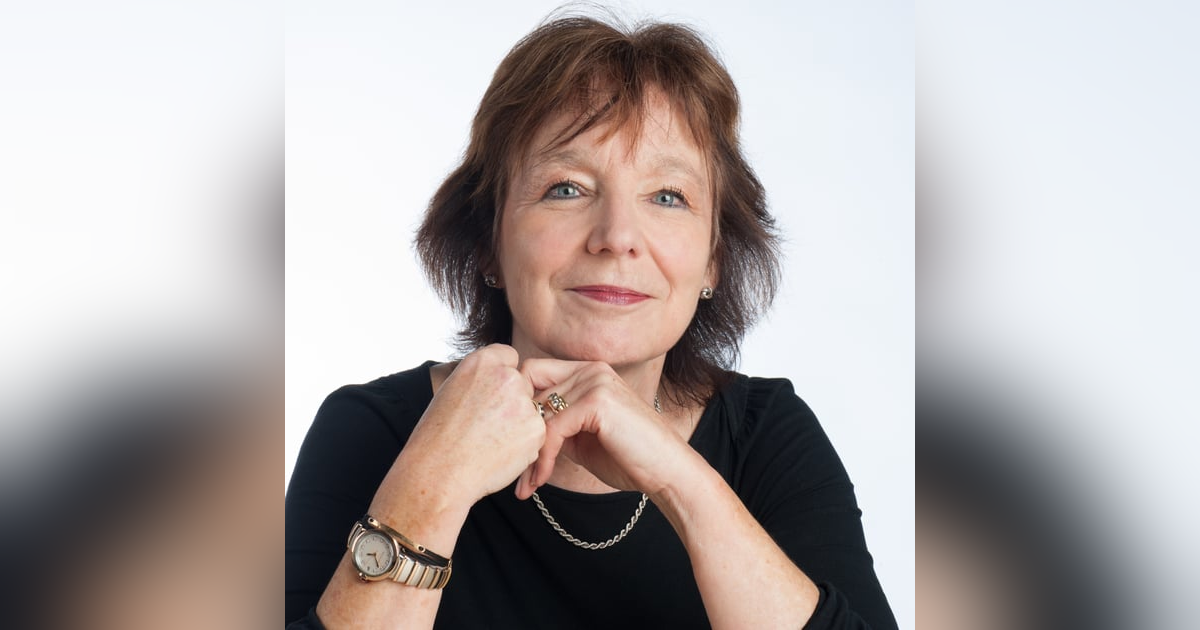#8: Defining the problem. Prof Jill Maddison

Professor Jill Maddison is currently Professor of General Practice, Director of Professional Development and Director of the BVetMed course at the Royal Veterinary College in the United Kingdom. She is actively involved in undergraduate teaching and CPD at the RVC in the areas of small animal medicine, clinical problem solving and clinical pharmacology. She has lectured extensively around the world on clinical problem solving, small animal internal medicine and clinical pharmacology. If you’ve ever listened to one of her lectures you’ll know that she is the epitome of clear-minded scientific thinking. And if you haven’t had the privilege of hearing her speak - well, luckily she’ has a book just for you: Jill is senior editor of a book called Clinical Reasoning in Small Animal Practice, a must-read for anyone in practice. She’s also published over 60 refereed papers in veterinary and medical journals and is the senior editor of a previous book, Small Animal Clinical Pharmacology. To keep in touch with the realities of private general practice she consults at a local veterinary practice and at the RVC’s first opinion practice, the Beaumont Sainsbury Animal Hospital. In this episode we talk about clinical vet work for a change: Jill talks about some common mistakes that many vets make when it comes to clinical decision making, and why curiosity and thinking skills are more important than knowledge and facts. Jill gives us her insights about the value of internships and tells us what her favourite textbooks are for everyday practice. Please enjoy - the queen of small animal veterinary medicine - Professor Jill Madison.






